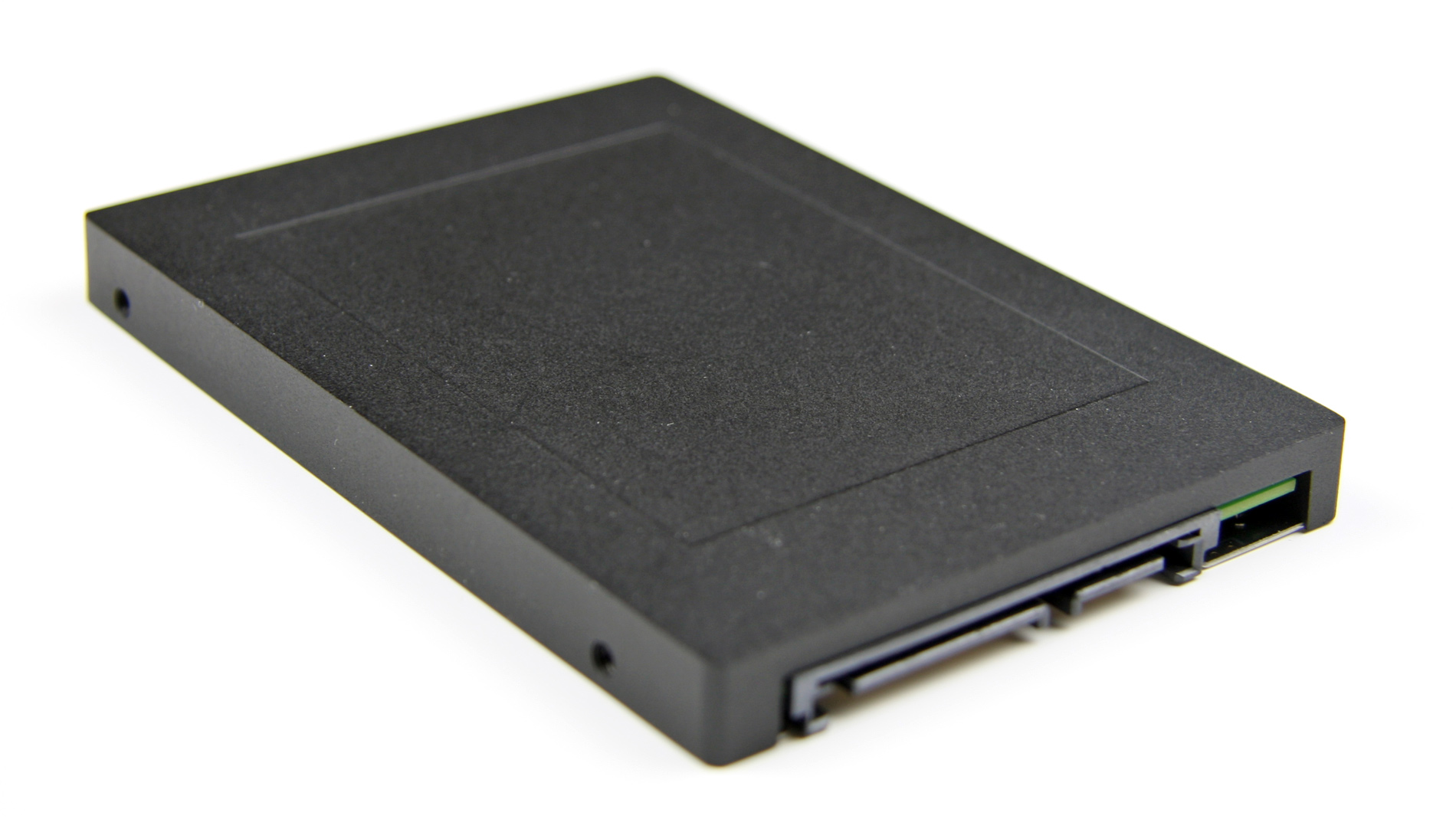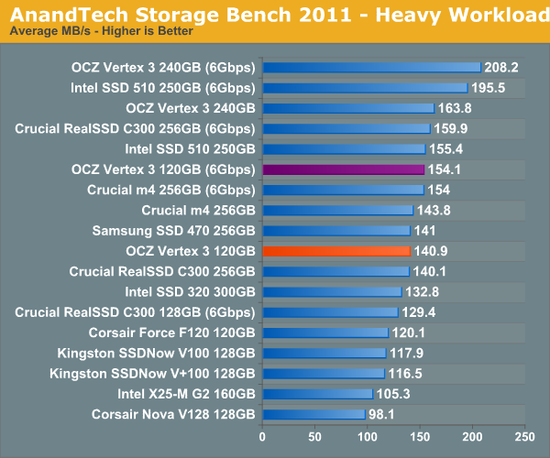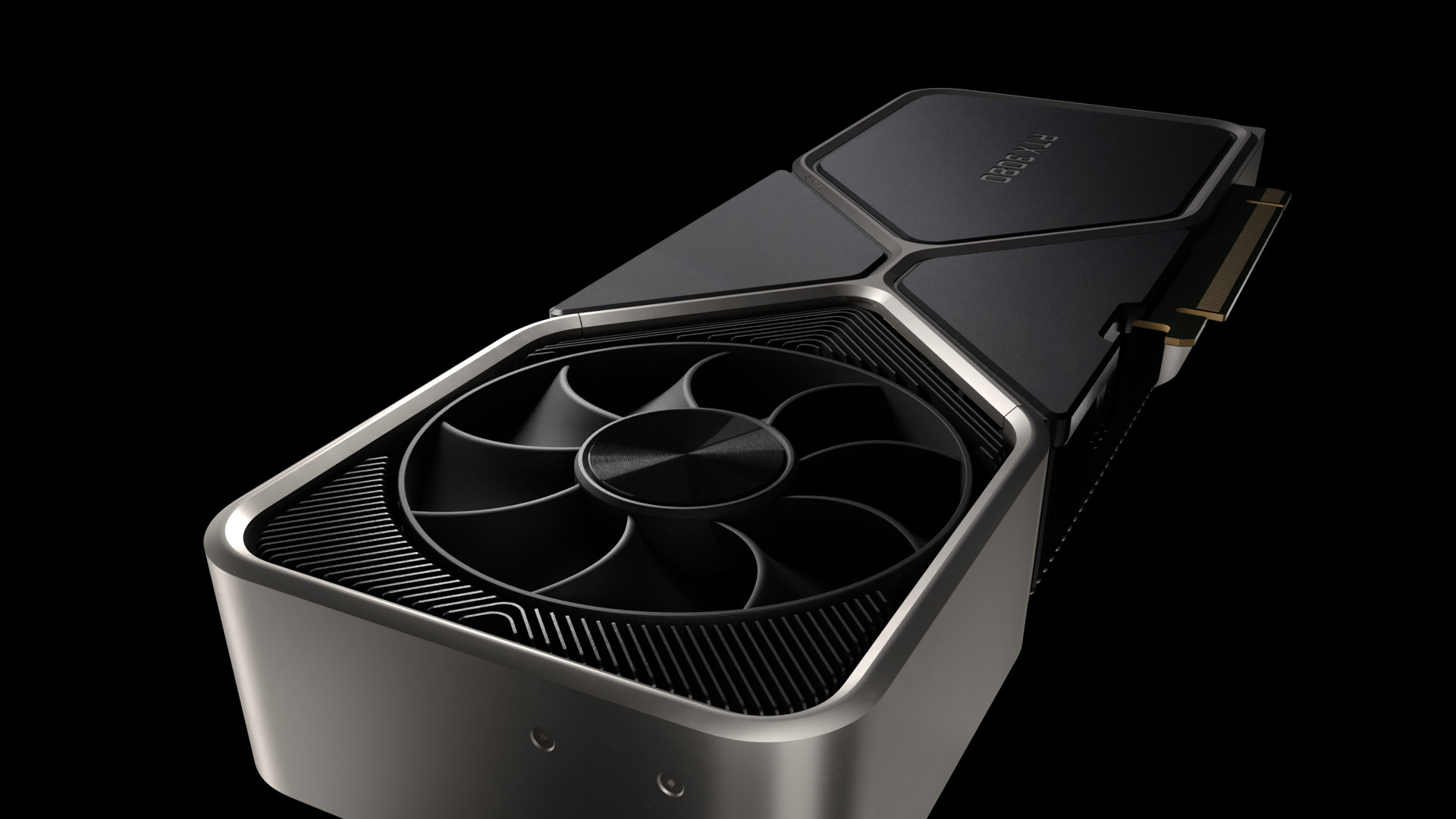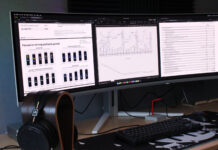When we tested OCZ Vertex 3 240GB we came to a pretty simple conclusion. OCZ and SandForce went for a TKO on the SSD market and all we needed was some retail availability. When the first tests of the 120GB model in the Vertex 3 family has appear we see the limitations of the SandForce implementation.
Earlier the specifications for the Vertex 3 series has been more or less identical to all models. by using eight separate channels the SandForce controller rarely has problems with performance drop at lower capacities. This was supposed to be the deal with the new Vertex 3 series. Now that the SSD is nearing the market it turns out that the set specifications and the actual performance are both off.

| OCZ Vertex 3 family | |||||
| Specifications (6Gbps) | 120GB | 240GB | 480GB | ||
| Max read | Up to 550MB/s | Up to 550MB/s | Up to 530MB/s | ||
| Max write | Up to 500MB/s | Up to 520MB/s | Up to 450MB/s | ||
| 4KB random read | 20K IOPS | 40K IOPS | 50K IOPS | ||
| 4KB random write | 60K IOPS | 60K IOPS | 40K IOPS | ||
OCZ Vertex 3 240GB still looks like the fastest SSD around, but little broher Vertex 3 120GB has some skeletons in the closet. According to tests by Anandtech.com the unit is as impressive as big brother at sequential read and writes, but at random file tests both read and write performance drops substantially, down to last generation levels and lower.

We have since the introduction of SandForce’ first SSD controller talked about uncompressed data as an achilles heal. This achilles heal is very much still there with OCZ Vertex 3 where fewer active memory circuits results in some serious performance drops handling large amounts of compressed data.
OCZ Vertex 3 120GB still looks like a fast SSD, but the competition in the more and more consumer friendly 120Gb segment is now a lot tighter than first expected.
A more detailed analysis of SandForce’ new SF-2000 controller in 120GB SSDs is something we hope to return to in the future.
Source: Anandtech.com


















